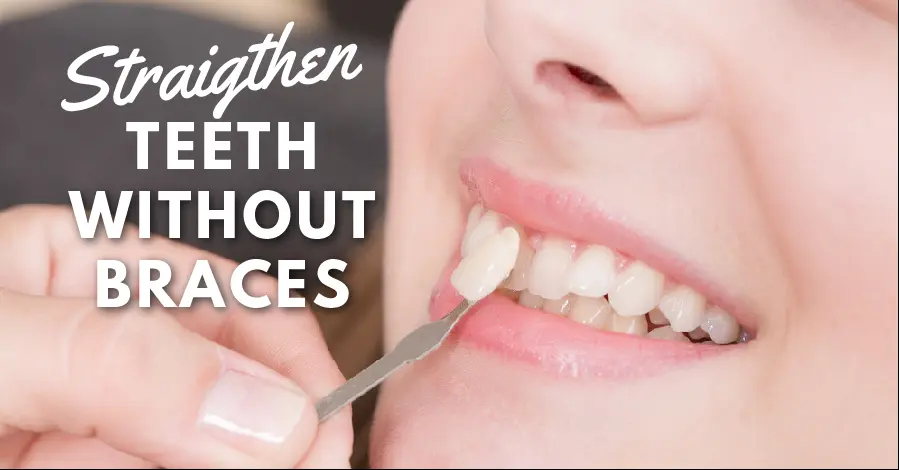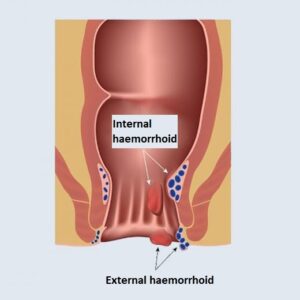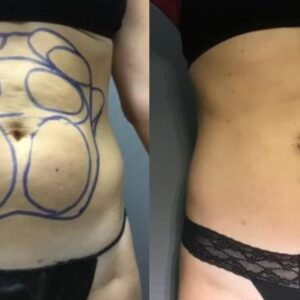Description
Dental veneers are a popular cosmetic dental treatment that can be used to improve the appearance of teeth, including the correction of misaligned teeth. Here is some information about dental veneers and their use in correcting misaligned teeth without orthodontics:
Familiarity with Treatment
Dental veneers are thin, custom-made shells that are bonded to the front surface of the teeth. They are typically made of porcelain or composite resin material. Veneers can be used to change the color, shape, size, or length of the teeth, providing a more aesthetically pleasing smile.
Who is it Suitable for?
Dental veneers can be suitable for individuals who have mild to moderate misalignment issues with their teeth and are looking for a cosmetic solution. Veneers can help improve the appearance of crooked, gapped, or misaligned teeth without the need for orthodontic treatment.
Who is it Not Suitable for?
Dental veneers may not be suitable for individuals with severe misalignment issues or those who require significant orthodontic correction. In such cases, orthodontic treatment, such as braces or clear aligners, may be a more appropriate option to achieve the desired results.
Advantages
- Dental veneers can provide a quick and effective solution for correcting the appearance of misaligned teeth without the need for orthodontic treatment.
- They can improve the overall aesthetics of the smile by creating a straighter and more uniform appearance.
- Veneers can also address other cosmetic concerns, such as discoloration, chips, or gaps in the teeth.
- The procedure for placing veneers is generally minimally invasive and can be completed in a few dental visits.
Complications
- It’s important to note that dental veneers do not correct the underlying misalignment of the teeth. They only provide a cosmetic improvement to the appearance of the teeth.
- Veneers may not be as effective for severe misalignment issues or cases that require significant orthodontic correction.
- There is a possibility of veneers coming loose or needing replacement over time.
Preoperative Care
Before getting dental veneers, it is important to consult with a dental professional to discuss your specific case and determine if veneers are the right option for you. Your dentist will assess your dental health, evaluate the alignment of your teeth, and discuss the expected outcomes of the treatment.
Postoperative Care
After getting dental veneers, it is important to maintain good oral hygiene practices, including regular brushing and flossing. It is also recommended to avoid habits that can potentially damage the veneers, such as biting on hard objects or grinding your teeth. Regular dental check-ups are essential to monitor the condition of the veneers and ensure their longevity.
It’s worth noting that while dental veneers can provide a cosmetic improvement for misaligned teeth, they may not be suitable for everyone. It is always best to consult with a dental professional to determine the most appropriate treatment option for your specific case.







Reviews
There are no reviews yet.